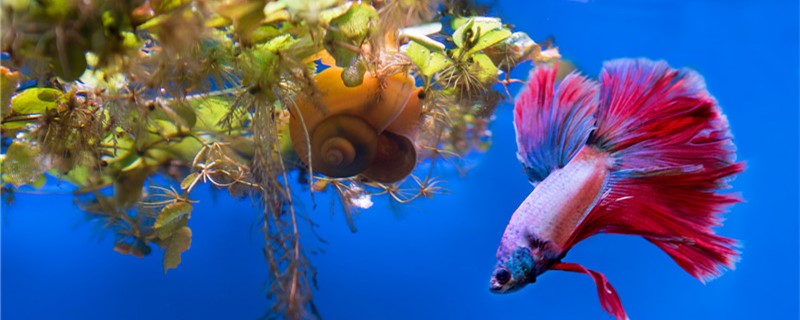 Do
Do ? Thai bettas are not vegetarian fish. They like meat very much. For example, red nematodes, small earthworms, small shrimps and so on are all their favorite foods. In a state of hunger, they will actively attack small fish and eat them. Can
with small fish? Thai bettas can be farmed with small fish, but not all small fish can be farmed with Thai bettas. Common polyculture fish are guppies, Mary fish, red swordfish and so on. These fish are not aggressive, and they are not aggressive, so they can be farmed with Thai fighting fish.
needing attention in polyculture of Thai betta and small fish 1. Space: Thai betta is easy to swim, so the breeding space should be as large as possible. After all, the Thai fighting fish is a carnivorous fish, during the polyculture period, if the space for activities is not guaranteed, the Thai fighting fish is likely to attack other fish, so it is necessary to ensure the breeding space.
2. Feeding: Thai betta likes to eat meat, so it is necessary to feed more meat bait when breeding. If the meat bait is not enough, the Thai betta will attack other fish in the same tank.
3. Temperature: Appropriate temperature is also conducive to calming the character of Thai fighting fish. If the water temperature is high and low, the character of Thai fighting fish will inevitably be excited and prone to aggressive behavior. During the breeding period, the temperature should be kept at about 22 degrees.